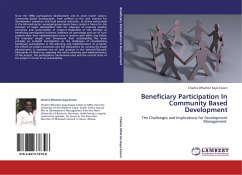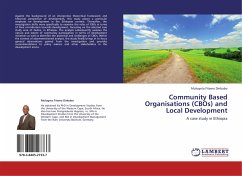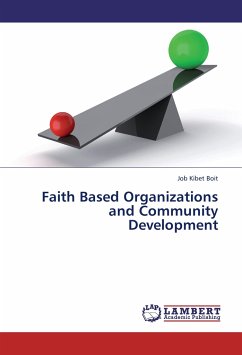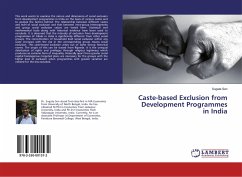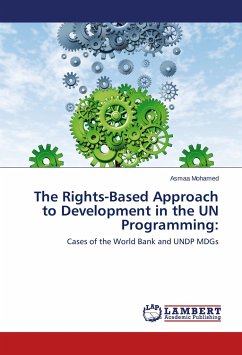Since the 1980s participatory development and its more recent variant, community based development, have sufficed as the new channel for development assistance and local poverty reduction. In Ghana particularly in the informal sector municipal governments have created a forum for the inclusion of major stakeholders with the objective of ensuring positive outcomes and sustainability of projects. Regardless of this attempt at beneficiary participation however, evidence on patronage and use of such projects after their implementation have in several cases fallen way below the intended targets and threatened their sustainability. This book provides an in-depth investigation on the challenges of consolidating beneficiary participation in the planning and implementation of projects, the effects on project outcomes and the implications for community based development. It examines one of such projects in the Sekondi-Takoradi Metropolis of Ghana by assessing the entire planning and implementation of the project, the participatory mechanisms used and the current state of the project in terms of its sustainability.
Bitte wählen Sie Ihr Anliegen aus.
Rechnungen
Retourenschein anfordern
Bestellstatus
Storno

